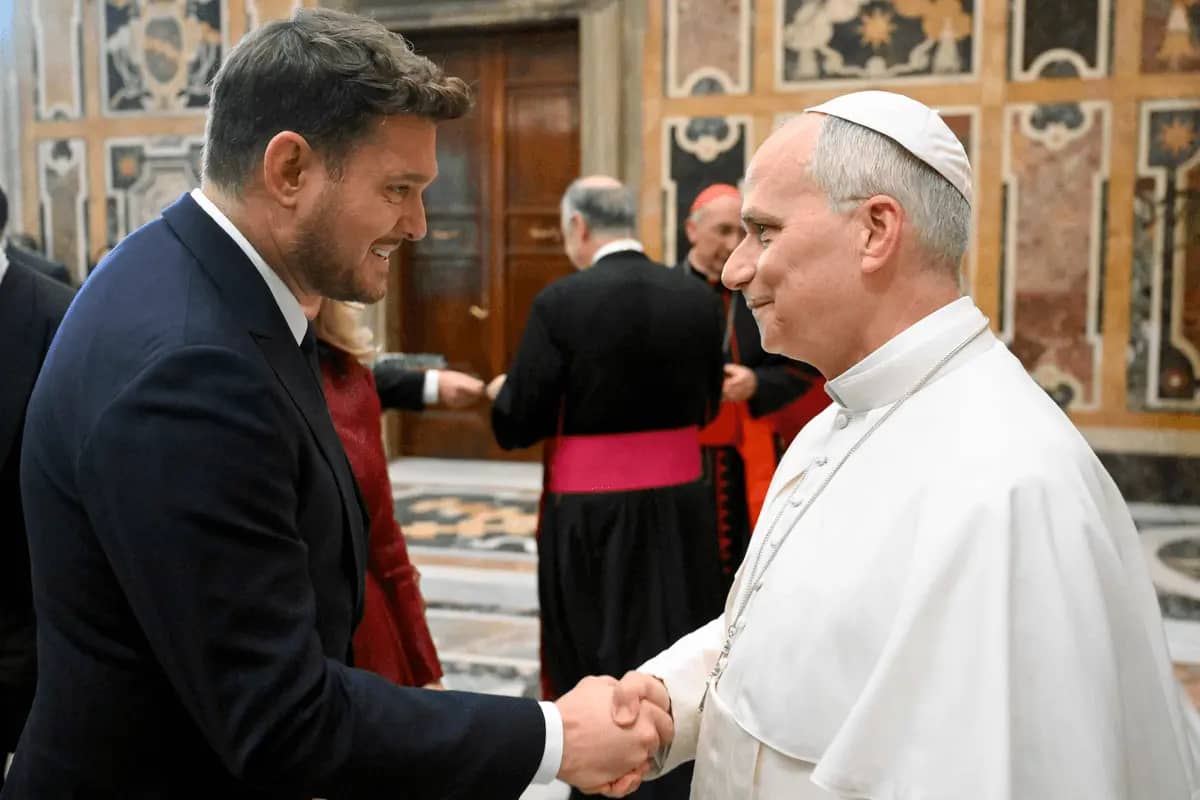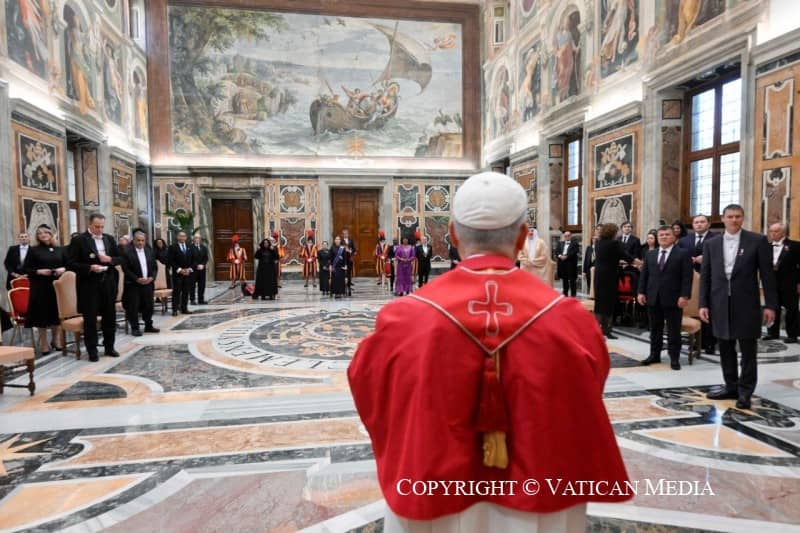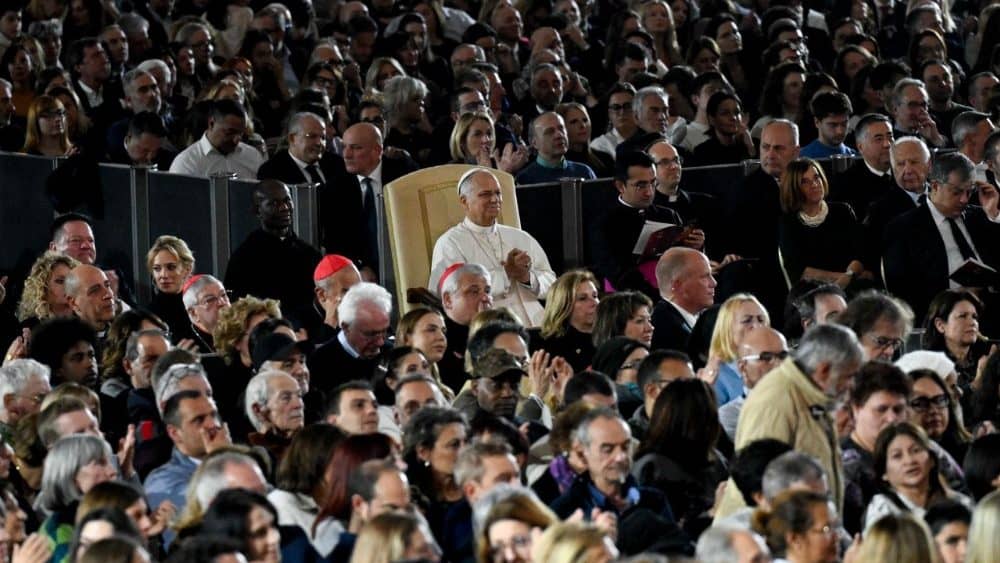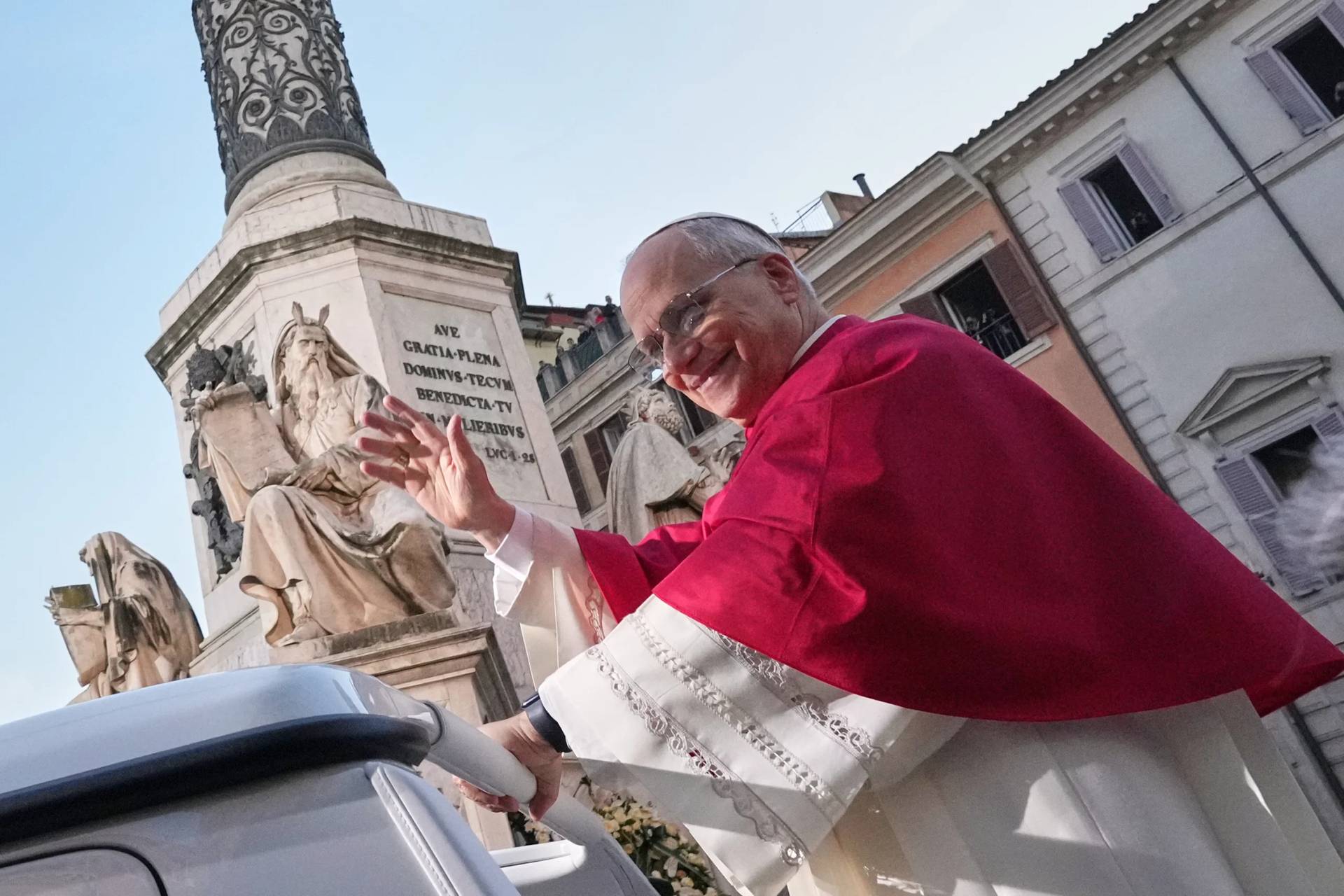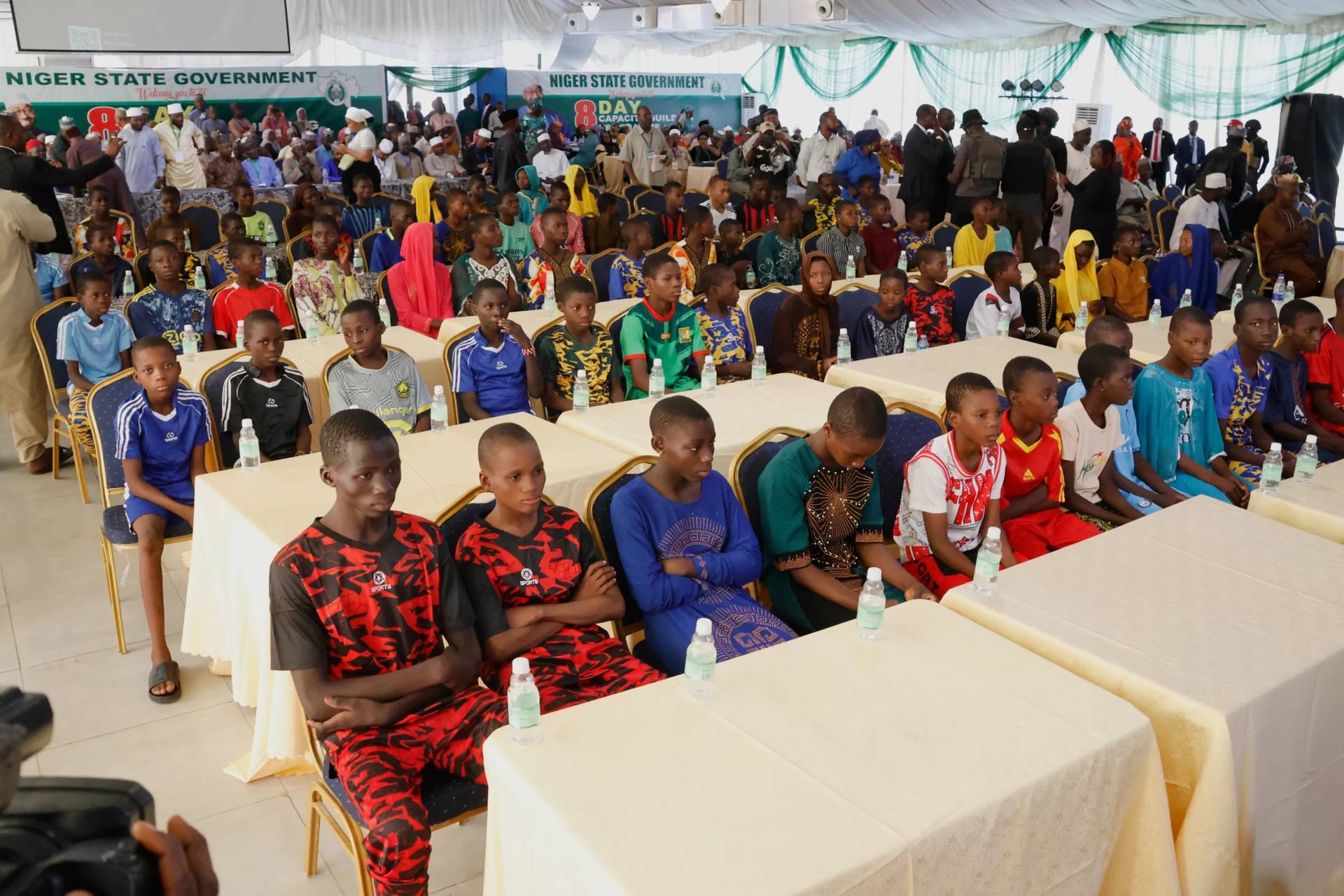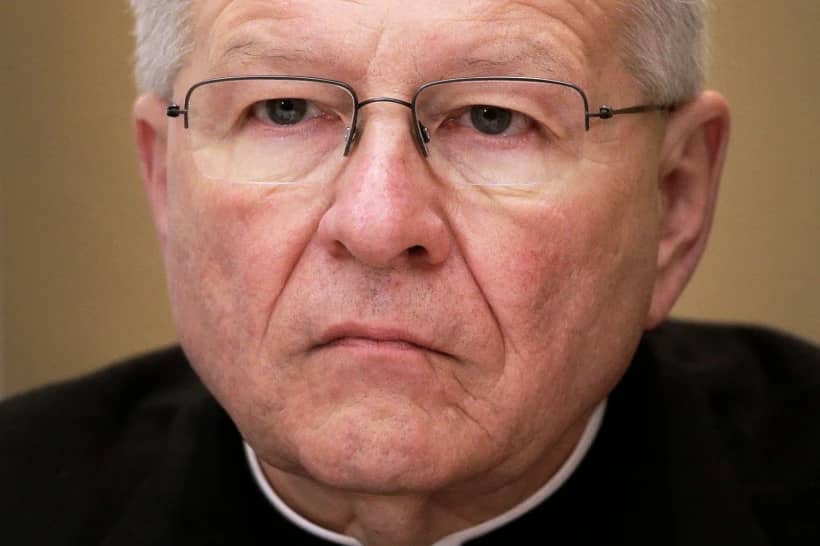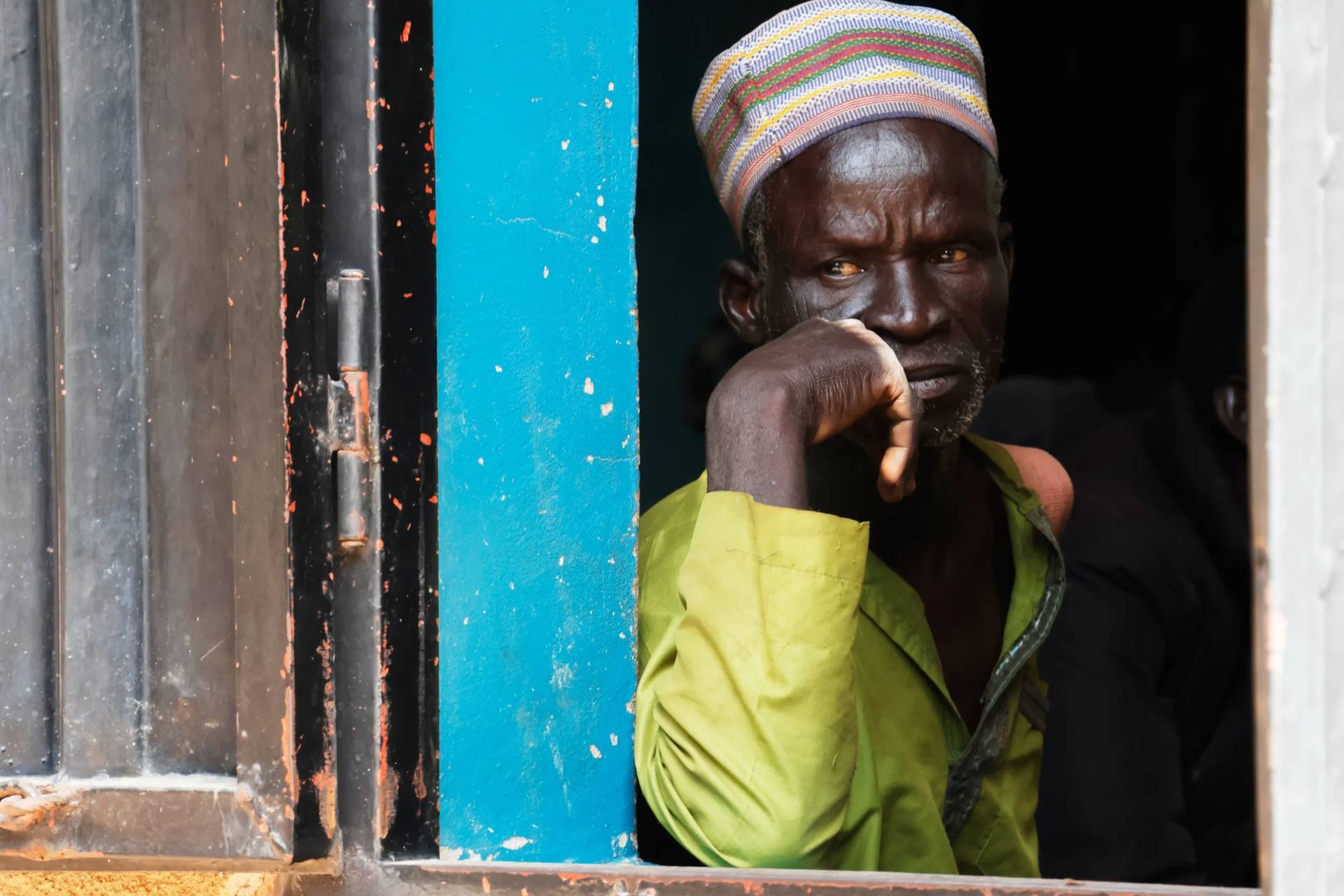ROME—As Pope Francis was celebrating a solemn Mass in Rome for the feast of Sts. Peter and Paul on Wednesday, in his home country of Argentina a small army of priests working in the slums issued a petition defending the pontiff against what they called a “brutal campaign against him.”
“In a world where wars, hunger and abuses over the environment endanger human life,” Francis “raises his voice in an effort to preserve the life of the weakest and to protect mother earth, putting limits to such craziness,” says the communique, inviting people to join them in prayer for the pope.
The group, together with a lay association called “Generacion Francisco,” also writes that not “by chance” there’s a “brutal campaign against him with attacks of every kind,” especially in Argentina, where local political leaders and the media continue their efforts to either claim him as their own, or discredit his every word.
On Wednesday, in a Mass celebrated by the “villero” priests to mark the feast of Sts. Peter and Paul, an interreligious alliance signed a petition “ratifying our commitment to the pope’s intentions and our repudiation to the actions against him.”
The ceremony will be celebrated at the Villa 21, one of the more than 20 slums of Buenos Aires where Francis, when he was still Cardinal Jorge Mario Bergoglio, spent much of his time, working to build a “poor Church for the poor” in his own backyard.
Most of the villero priests- close to a dozen- were handpicked by Bergoglio to lead his pastoral revolution. He found these priests, such as Pepe Di Paola or Juan Isasmendi, to be especially strong and dedicated, willing not only to visit the villas miseria, literally “villas of misery,” but to live among the poorest of the poor.
The allegations of a campaign against Francis are not without merit.
For instance, last Saturday, La Nación, one of Argentina’s leading newspapers, published an article by Julio Maria Sanguinetti, a former President of neighboring Uruguay, Latin America’s most secular country.
Sanguinetti writes that at the beginning of this pontificate, three years ago, Francis’ “colloquial and open style, his austere life and his generalized combating against the horror of clerical sexual abuse surrounded him with hope.”
He adds that the pope’s compassionate attitude towards women who’ve had an abortion and his call for priests to work in the slums “earned him applause of the liberal sectors of the Catholic world and gave him credit in public opinion.”
Yet, according to Sanguinetti, the last three years have shown a pontiff who fails to be “universal” by constantly meddling in Argentina’s political affairs.
“No one could have imagined what has happened: a pope who receives athletes and show business people … who talks for hours with [Hebe de] Bonafini, who celebrated the criminal attack against the Twin Towers, and yet had only 20 minutes for the recently elected Argentine president, whom he welcomed with a somber face and without the smiles he so ecumenically scatters,” Sanguinetti writes.
The former president also describes Francis’ economic vision as “anachronistic” and even “anarchist,” and claims that the pope’s international interventions, “far from helping the sometimes heroic efforts of European countries to welcome the massive immigration from North African and the Middle East, he’s made them more difficult with a permissiveness that ignores restrictions in the health and educational systems.”
Francis’ gesture of taking 12 refugees from Greece to Rome was, according to Sanguinetti, “pure demagoguery.”
The Uruguayan is far from being the only voice in the Argentine media to criticize the pope.
Italian blog Il Sismografo, considered a semi-official voice of the Vatican’s Secretary of State, has repeatedly complained that historic newspapers in the pope’s country “do everything in their power to outdo each other in the amplification of falsehood, hypotheses, suppositions and insinuations” regarding Francis, often including the voices of people who wrongly appoint themselves as papal spokespersons.
For instance, social leader Luis D’Elia, a member of Argentina’s former leftist government and a loud opponent of the current administration, recently claimed that when Francis rejected a donation from the Argentine government, it was an “impressive” gesture telling conservative President Mauricio Macri that, “I don’t want your dirty money, your money dirtied with the suffering of millions of Argentines.”
The fact that Francis’ rejection was directly linked to concerns over management of the papal charity the donation was supposed to support didn’t stop D’Elia from politicizing the incident. Ironically, the fact that this union leader once threatened Bergoglio, forcing the future pope to wear a bulletproof vest, didn’t disqualify him from being widely quoted as a knowledgeable source.
Francis’ supporters in his home country, however, don’t come only from the slums.
Bishop Oscar Ojea of San Isidro, part of Buenos Aires’ greater area, released a letter objecting that “from diverse media, [some] try to darken [the pope’s] evangelical and prophetic message,” with “biased opinions, assumptions, and unverified information.”
Ojea also rejected the “manoseo,” a word that can be translated as “massaging,” of the pope’s person, made by so many with “a total lack of respect.”
“A political interpretation of the pope’s gestures leads to getting lost in a maze that dilutes their meanings,” Ojea wrote on June 28, in a missive meant to be an invitation for the faithful to pray for Francis in the feast of Sts. Peter and Paul, also known as the pope’s day.






